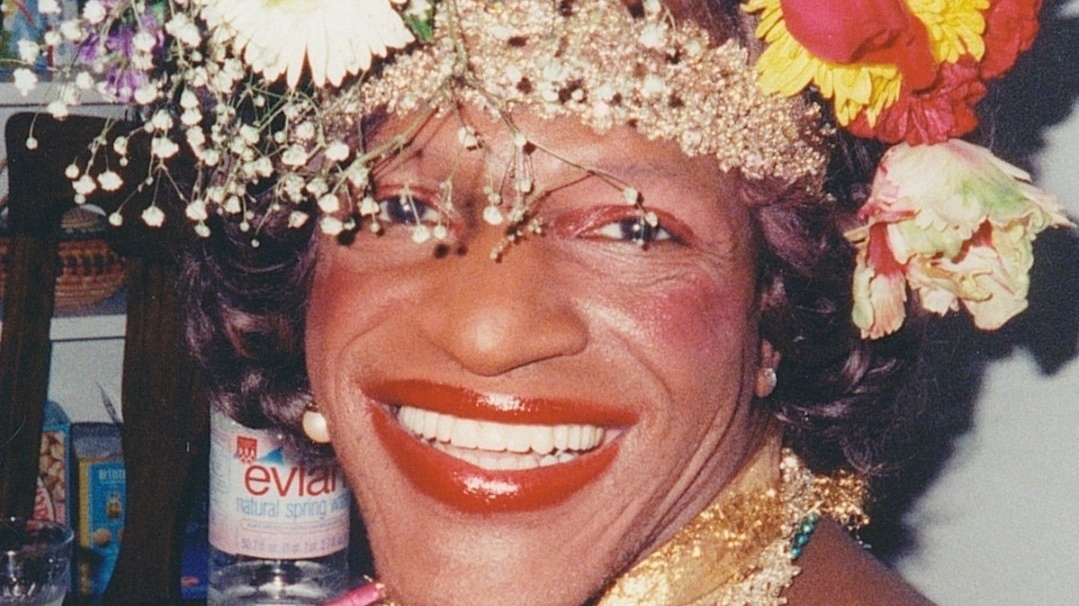Update (February 3, 2020): After city officials declared two trans rights advocates would be honored for their work with a New York monument last May, New York Gov. Andrew Cuomo announced a state park in Williamsburg will be named after Marsha P. Johnson.
East River State Park in Brooklyn will now be renamed after the Greenwich Village drag performer, reports NBC.
Cuomo's announcement came Saturday — the first day of Black History Month — during a speech at the 19th annual Human Rights Campaign gala. Cuomo said hate crimes toward people in marginalized communities are on the rise in New York but the state will be fighting back.
"New York State is the progressive capital of the nation, and while we are winning the legal battle for justice for the LGBTQ community, in many ways we are losing the broader war for equality," he said. “We are fighting back, and we will continue achieving progress and showing the rest of the nation the way forward.”
He said Johnson is an “icon of the community.”
The seven-acre waterfront park will be the first to be named after an open member of the LGBTQ community.
Black Transgeder Sex Worker, Performer, and Activist Marsha P. Johnson will be getting a state park in Brooklyn named after her. #ShareBlackStories
#BlackHistoryMonth
pic.twitter.com/sbIpDWu6Js— Thee Joseph Reaves (@heymissjoseph) February 2, 2020
Back in May, Mayor Bill de Blasio announced Johnson, as well as Sylvia Rivera, would also be recognized at Ruth Wittenberg Triangle in Greenwich Village, a short distance from Christopher Street, where the Stonewall Riots began.
It's not yet clear what Rivera's monument will consist of.
Original story (May 30, 2019): Two of the most iconic trans rights activists in American history will be immortalized in a New York monument for their courage in the face of oppression.
City officials announced on Wednesday Marsha P. Johnson And Sylvia Rivera will be honored with a monument for their work as activists, reports The Associated Press.
Johnson and Rivera were both Greenwich Village drag performers and sex workers who played a part in the Stonewall Rebellion. In June 1969, New York Police raided the gay bar on Christopher Street attacking and harassing patrons due to bigoted laws that punished LGBT people for being themselves in public. Both women were among those victimized. Historians consider the Stonewall Rebellion to be a turning point for the gay rights struggle.
The discrimination they endured propelled them into a life of advocacy. Over the course of their lives, they used their voices to speak on behalf of the homeless, LGBTQ youth and those living with HIV/AIDS.
In 1970, the pair founded the Street Transvestite Action Revolutionaries, a group dedicated to helping homeless gay youth. Most of their advocacy work was carried out through their organization.
“Marsha was the first friend I made on 42nd Street,” Rivera said in a 1995 interview where she credited her friend for teaching her how to navigate life as a trans woman. “She was 17. Marsha plugged in the light for me.”
A New York Times report detailed how the first monument made in the 1990s honoring Stonewall left out Black and brown and transgender people. Now, the city hopes to correct the glaring mistake.
After the official announcement was made, New York City's first lady Chirlane McCray said the new monument was vital to capturing all the people involved in the fight for equality.
“The L.G.B.T.Q. movement was portrayed very much as a white, gay male movement,” McCray said. “This monument counters that trend of whitewashing the history.”
The proposed structure will be displayed in Greenwich Village, nearly a block from the Stonewall Inn. Officials said the monument will be funded by an allocated $10 million set aside for new art projects in the city, the New York Times reports.
Johnson died in 1992. An aura of mystery still surrounds her death. Her body was discovered in the Hudson River. The trans icon only lived to be 46 years old. Rivera died in 2002, living to the age of 50. Their legacies will now be remembered forever.

